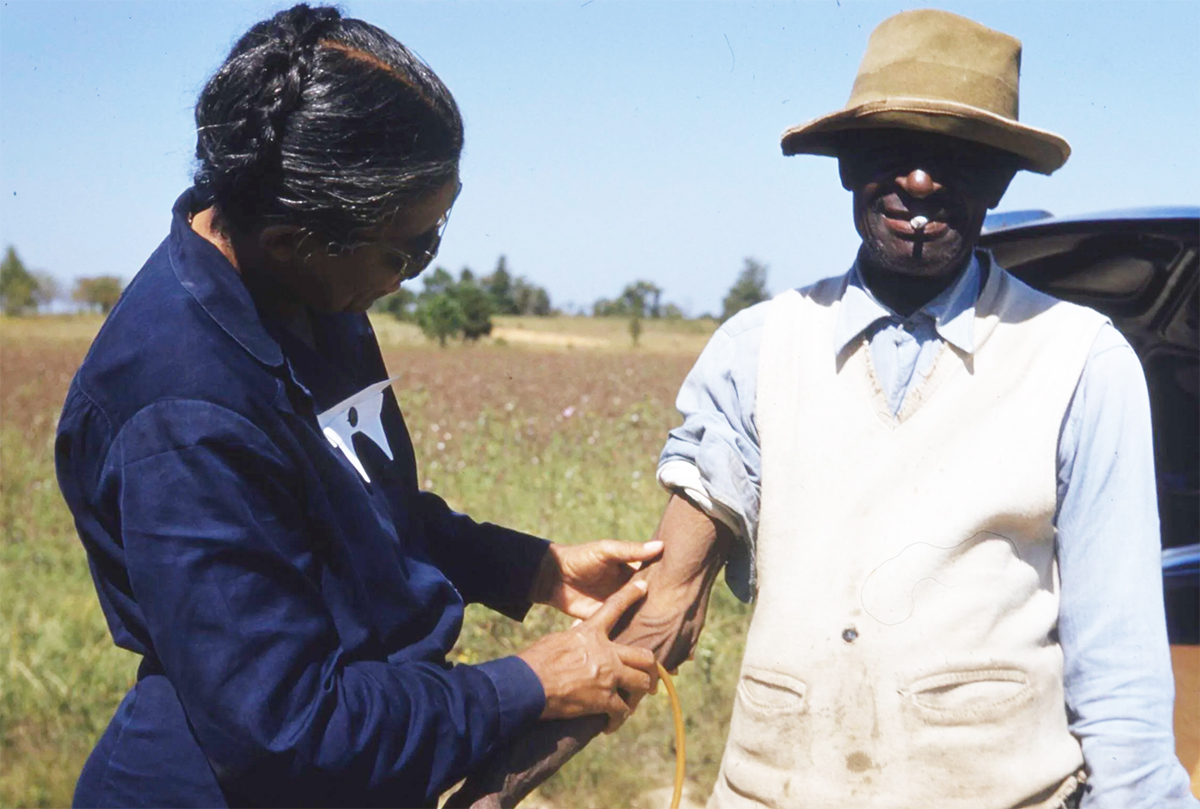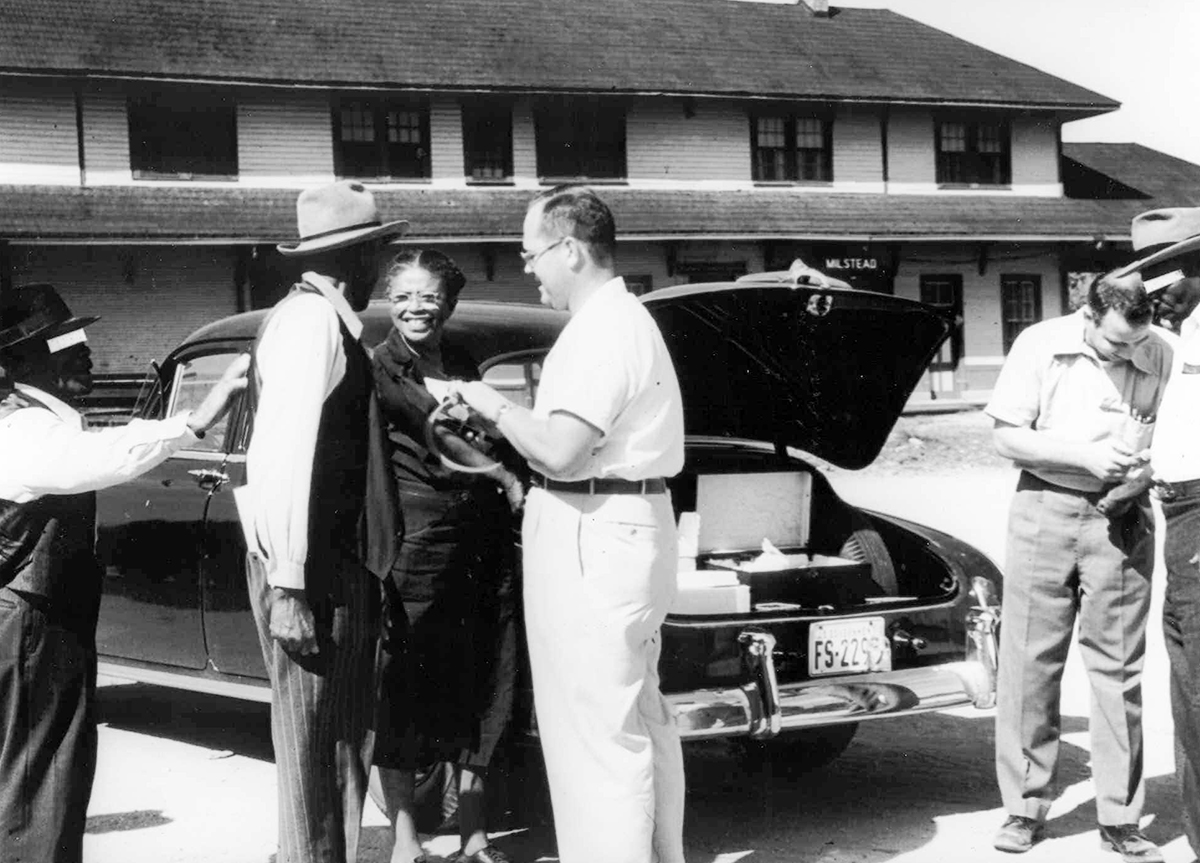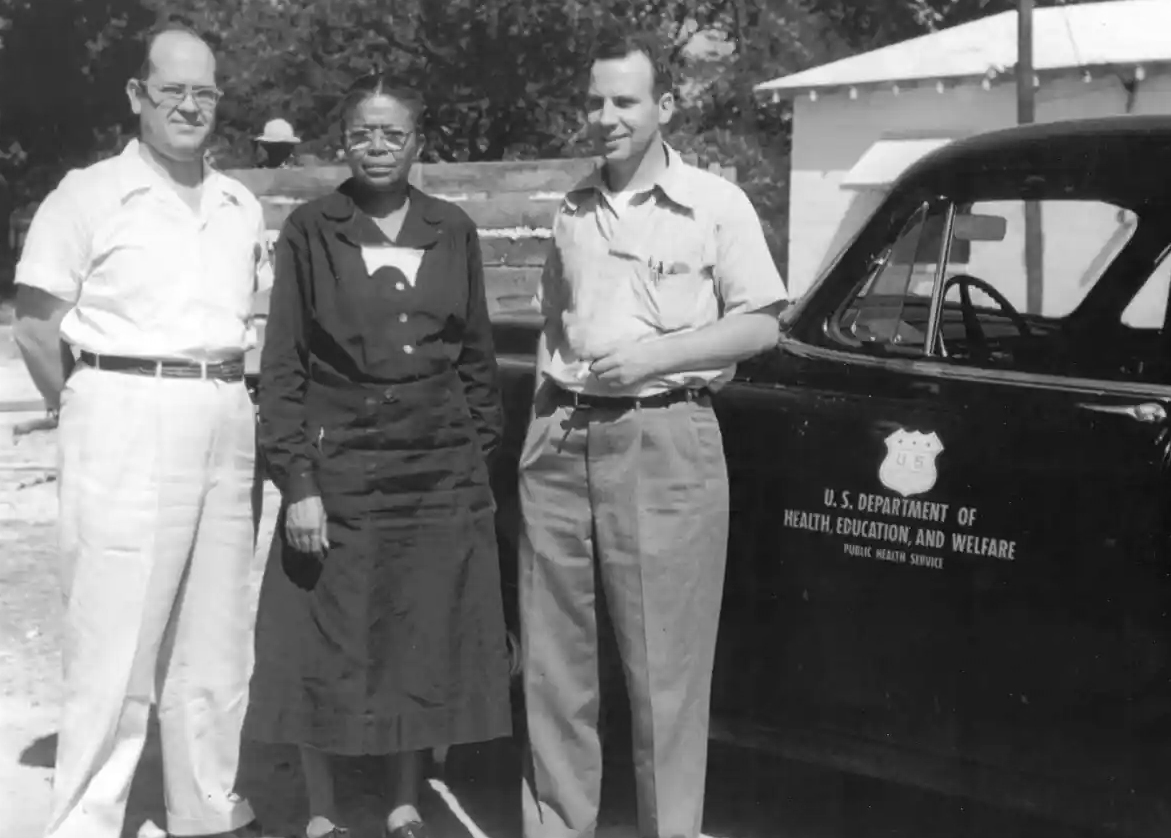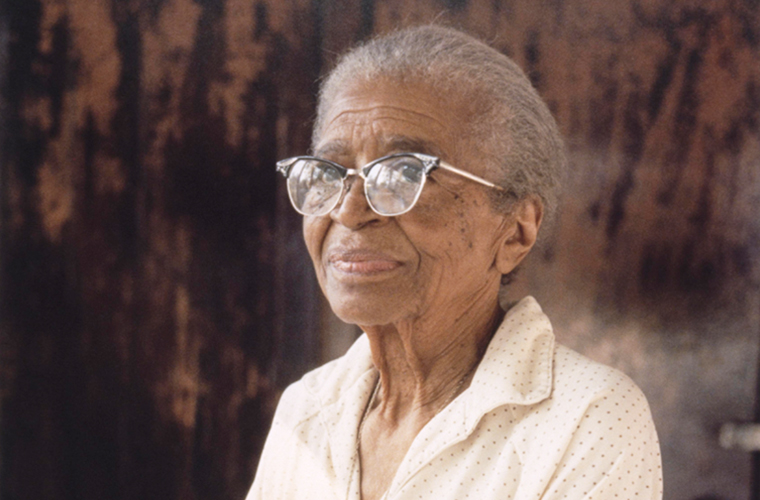Eunice Rivers was an African-American nurse who played a significant role in the Tuskegee Syphilis Study, a medical research project that took place between 1932 and 1972. The study was conducted by the United States Public Health Service and aimed to document the natural history of untreated syphilis in African-American men.

Rivers was born in 1899 in Tattnall County, Georgia, and was one of eight children. She trained as a nurse at Tuskegee Institute and began working at the Tuskegee Veterans Administration Hospital in the 1920s. In 1932, she was recruited by the Public Health Service to help with the syphilis study.
As a nurse, Rivers was responsible for recruiting study participants and keeping them engaged in the study over the course of many years. She worked closely with the men in the study, visiting them in their homes and providing medical care when necessary. She also helped to collect data and organize medical examinations.

One of the most controversial aspects of the Tuskegee Syphilis Study was that the participants were not told that they had syphilis or that they were part of a research project. This was a violation of medical ethics and the men were denied access to treatment even after a cure for syphilis became available.
Despite this unethical conduct, Rivers has been credited with making the study more humane by providing medical care and support to the men. She was also one of the few people involved in the study who spoke out against its unethical practices. In a 1969 interview, she stated that “I don’t think it was ethical to do the things they did to those men.”

After the study was exposed by the media in 1972, Rivers retired from nursing and returned to her hometown in Georgia. She died in 1986 at the age of 86. Rivers’ role in the Tuskegee Syphilis Study has been the subject of controversy and debate. Some have argued that she was complicit in the unethical treatment of the study participants, while others have praised her for providing medical care and advocating for men’s rights. Regardless of one’s perspective on her actions, Rivers remains an important figure in the history of medical research ethics and the treatment of African Americans in the United States.

